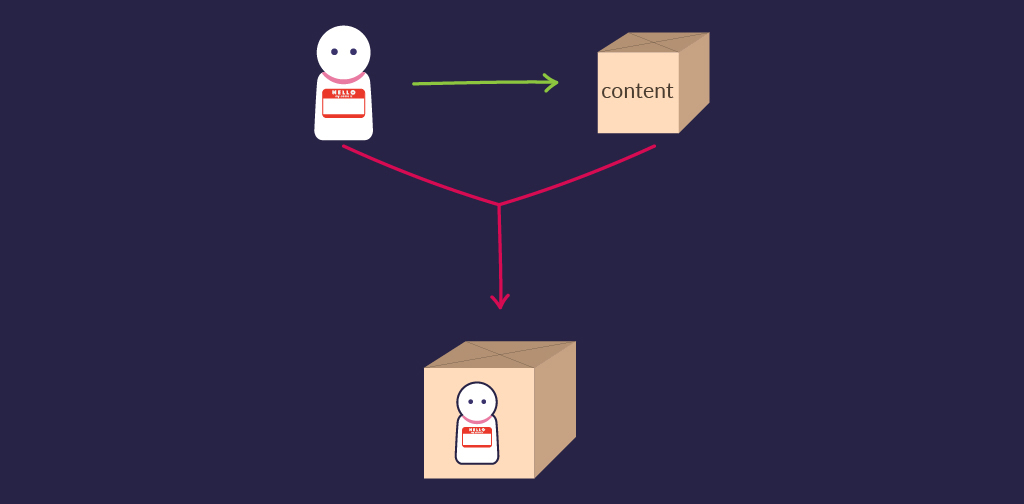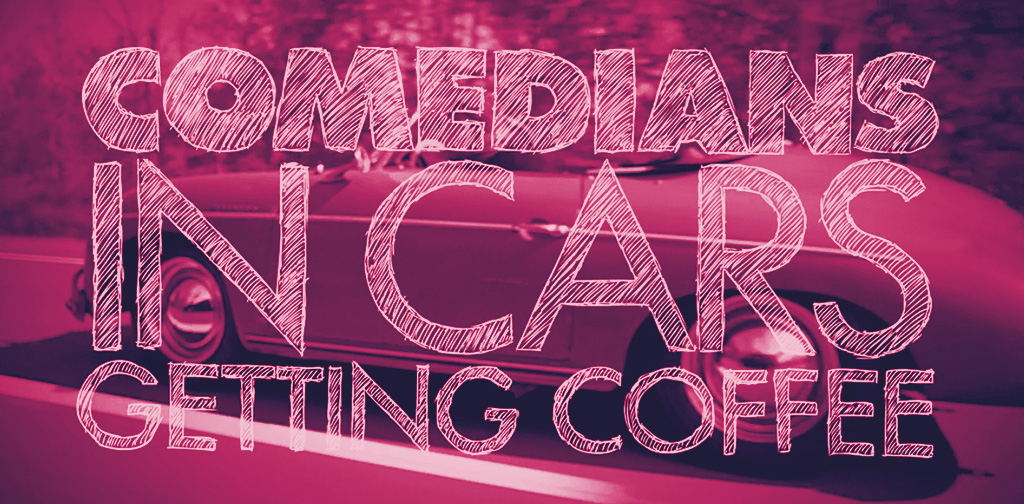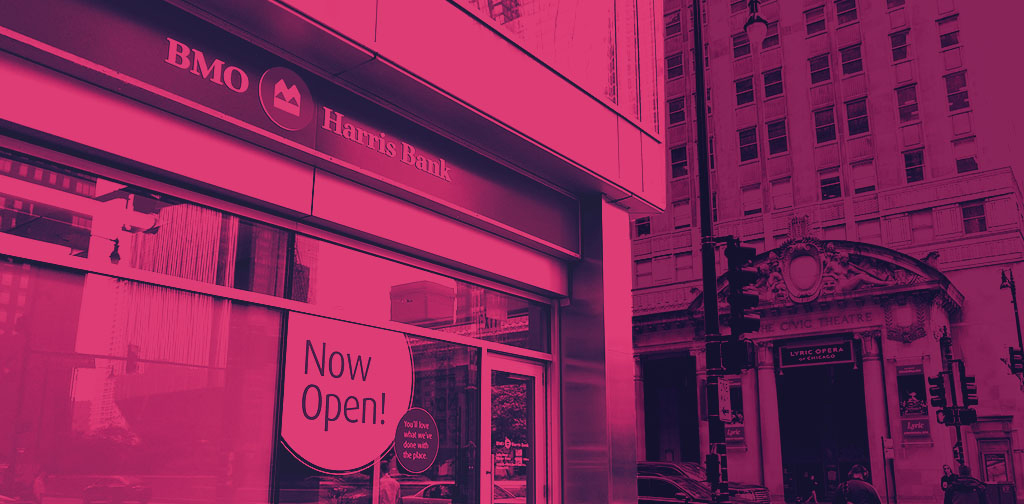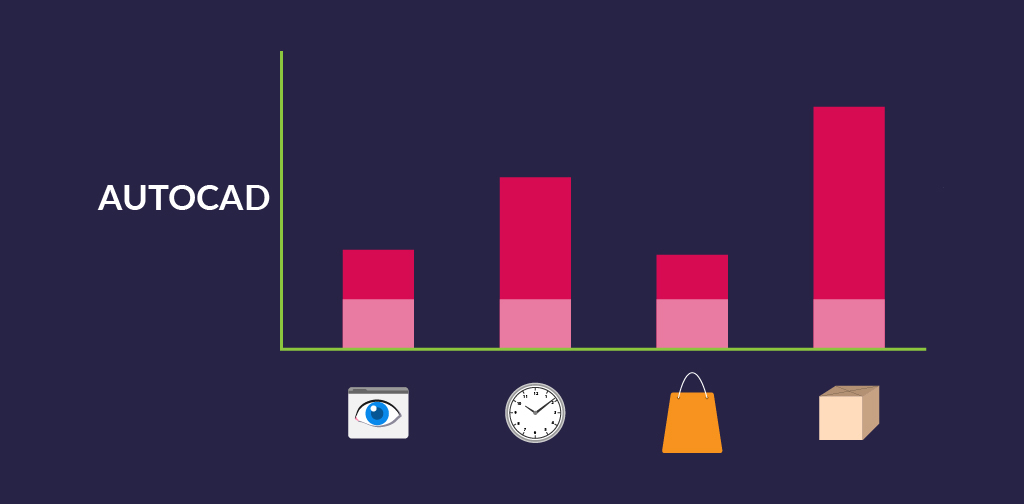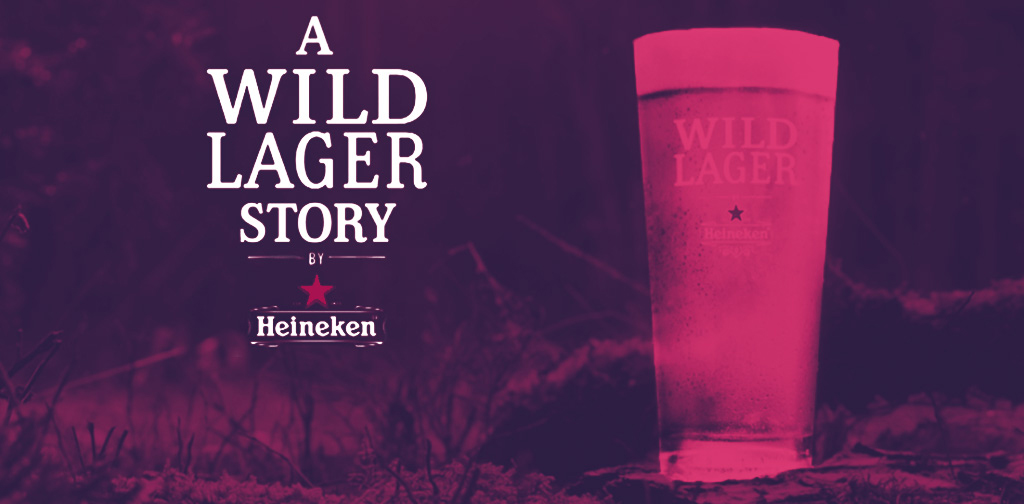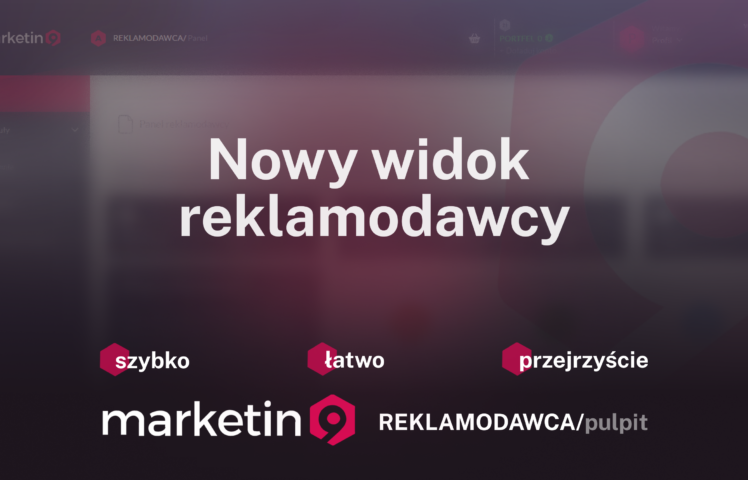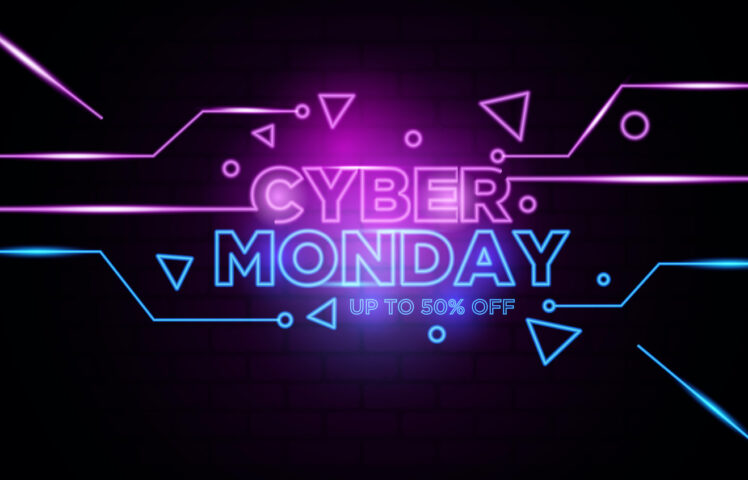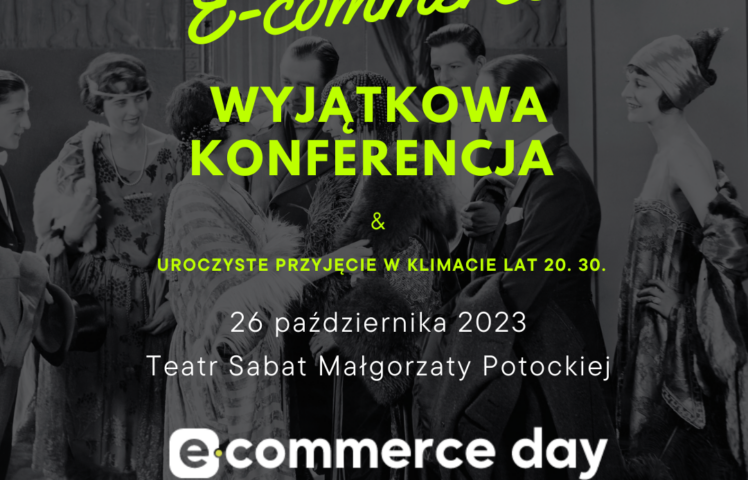
Table of content:
You may have heard the term ‘branded content’ a lot. But what exactly is branded content? And how can you tell you’re doing branded content right?
Today branding is all about content marketing that offers businesses multiple opportunities to capture their audience’s’ attention and showcase the brand values without coming off as promotional.
That type of branding has been on the rise practically ever since digital marketing emerged and revolutionized the way consumers interact with brands. Today we may have reached the point where brand content is the single best technique marketers have for bridging the gap between initial brand awareness and ongoing brand affinity and loyalty.
In this article, we show you what branded content is, what its key benefits are, and how to take advantage of it for your brand.
What is branded content?
To understand the concept, let’s begin with the most basic definition offered in Wikipedia:
“Branded content is the practice of marketing via the creation of content that is funded or outright produced by an advertiser… (it is) designed to build awareness by associating (the brand) with content that shares its values.”
According to a recent survey, 74.5% of communications professionals say that branded content is essential for their campaigns. Moreover, branded content spendings are expected to rise over the next 12 months, or so believes 67% of the surveyed respondents.
Why is branded content such an appealing strategy among marketers? Note that branded content is not only attractive to businesses looking to boost brand awareness but also to consumers who seek a great story to engage with.
Here are the most important benefits of branded content for any content marketing strategy
Critical benefits of branded content
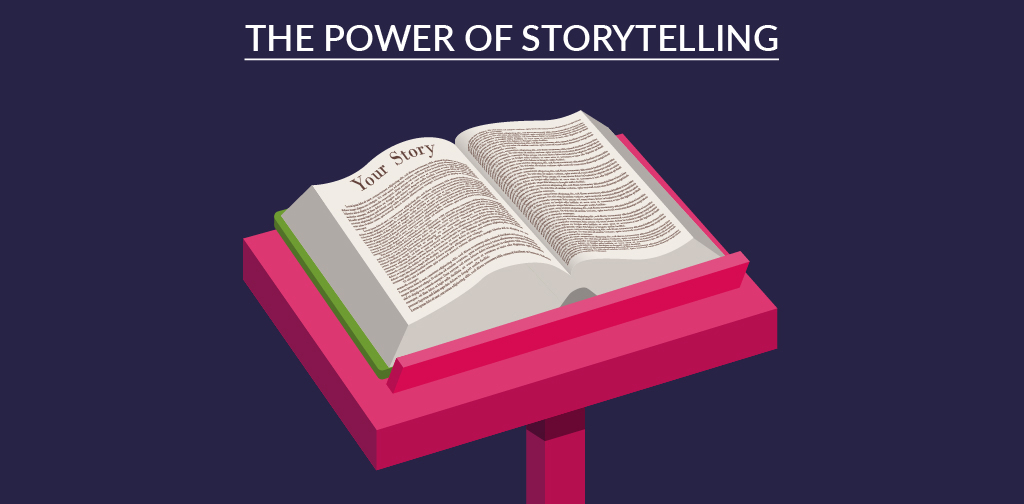
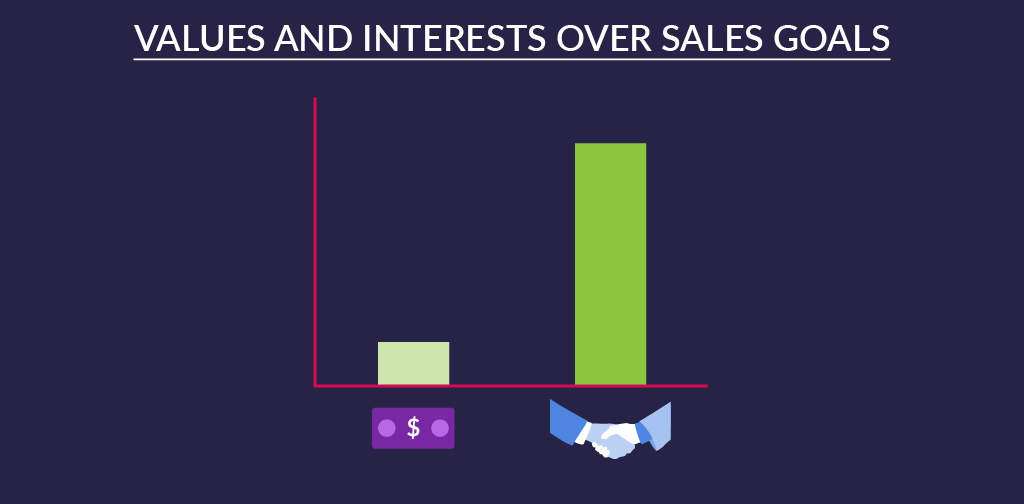
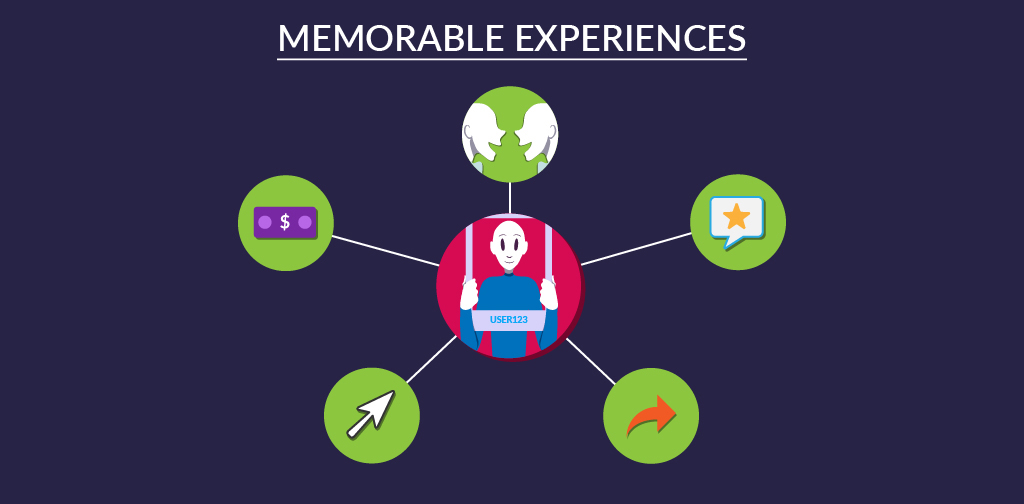
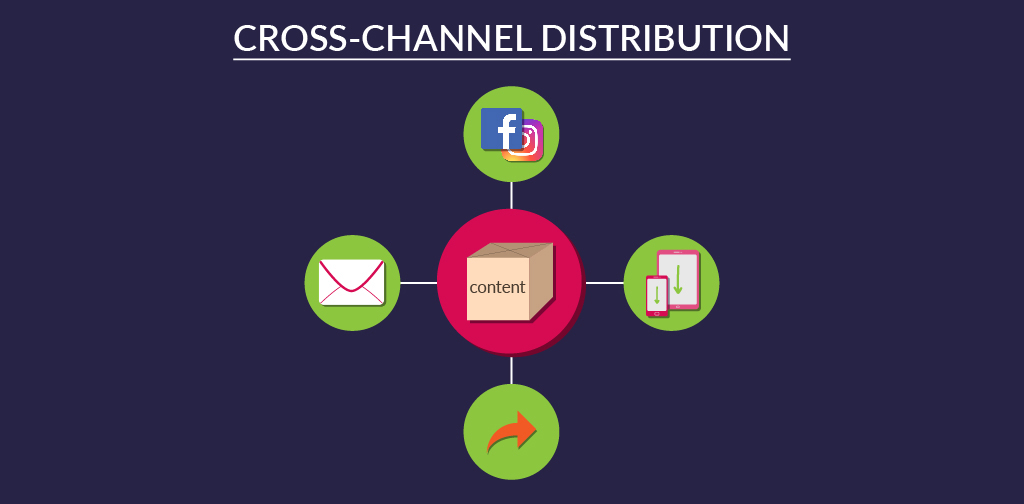
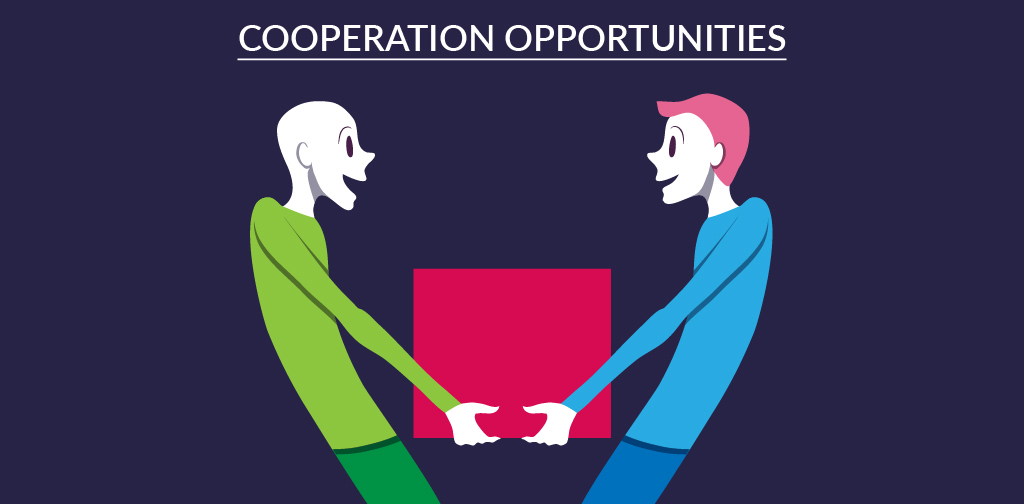
The ultimate goal of branded content campaigns is the creation of marketing experiences that are no different from what the target audience seeks on their own, including the influencers they follow and media services they consume.
Now that you know why branded content is so relevant, let’s have a look at some examples that show how it works in practice.
The Lego movie
We all love Lego. But attracting new generations to what may seem a relatively simple product is quite challenging. That’s why the brand produced a feature film that entertained mass audiences and earned millions in revenue. The traditional feature film also served as a marketing vehicle by appealing to the hearts of the younger generations of potential letter consumers. By investing in quality branded content that engaged potential customers in a fantastic experience of storytelling, Lego took its brand to the next level.
Jerry Seinfeld’s Comedians in Cars Getting Coffee series
Seinfeld has been hosting this series of online interviews since 2012. He managed to capture the attention of a massive audience and gain critical praise for his work. However, the initiative also exemplifies an excellent branded content partnership because the production is fully underwritten by Acura. All in all, the show earned three Primetime Emmy Award nominations and three Producers Guild of America award for Outstanding Digital Series. As you can imagine, supporting an initiative like that has offered brand an incredible amount of exposure, engagement, and awareness from a growing audience base.
Banking for Millennials
Financial service companies have a hard time attracting the younger customer base to their offer. However, banks are now exploring potential marketing avenues for engaging this target. BMO Harris Bank aimed to increase their brand awareness among the Millennials who are only beginning their journey to financial independence. The bank did that by partnering with a humor-focused content agency to develop a series of videos that promote a fictional mobile banking app. The video does an incredible job of poking fun at the features Millennials love in other popular apps. For example, the app includes filters that show what the user’s face would look like as an ATM and the possibility to swipe right or left on potential dates from their checking account. That content was served across social sites and owned media properties to amplify its reach. Ultimately, the goal was driving users to download the real BMO Harris Bank mobile app. The branded content resulted in the record-breaking brand lift and helped the bank to establish itself as a leader in comedy + financial services field (which is a significant achievement in itself).
Helping architects and mechanical engineers
Autodesk’s AutoCAD (computer-aided design software) is a popular choice among millions of professionals who work in fields like architecture and engineering. The company created an original AutoCAD campaign aiming to boost subscriptions by profiling creative entrepreneurs who produce groundbreaking concepts. It highlighted the role the software plays in supporting these pioneering projects.
The company developed three distinct micro-sites which showed customer stories, as well as their innovative inventions and transformational ideas that were made possible by AutoCAD. Users could engage in the story of a designer of custom IoT guitars or an architect who became a chef in an attempt to create universally understood recipes through cad drawings. Autodesk shared their year-over-year results from the campaign, and they included:
- 99% increase in site visitors,
- 244% increase in trial initiations of AutoCAD,
- 89% increase in visits to Autodesk e-commerce store,
- 385% increase in AutoCAD orders.
Impressive!
Launching a journey
The global beverages brand Heineken partnered with National Geographic to create one of the most fascinating branded content partnerships. It basically shows the best both worlds. Together, they produced a video that offers an account of the history behind Heineken’s H41 Wild Lager. It’s a three-minute-long documentary that follows a biologist and a Heineken global master brewer as they examine the wilderness of Patagonia in search of a rare yeast species. They then return home to create a brand-new kind of beer. By combining topics like exploration, wildlife, natural sciences, and beer making, the story seemed authentic, and the partnership felt natural, showing how far a brand can go when teaming up with the right partner.
Key takeaway
Branded content is on its way to becoming one of the most essential activities of every marketer out there in both B2B and B2C sectors. If you’re planning to experiment with branded content this year, use these examples as your guidelines to what the best content campaigns should look like.
All in all, branded content helps to expand creative horizons, engage your target audience, and build a more meaningful relationship with them as you connect through the same values and goals.
Do you have any questions about launching a branded content campaign and tracking its results?
Get in touch with us in the comments; we’re happy to share some best practices in content marketing everyone can apply to elevate their brands.

